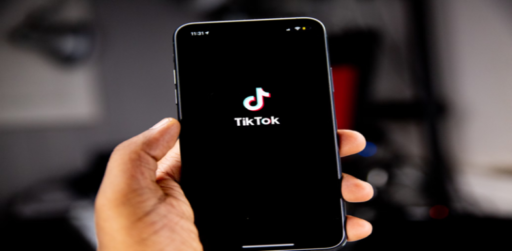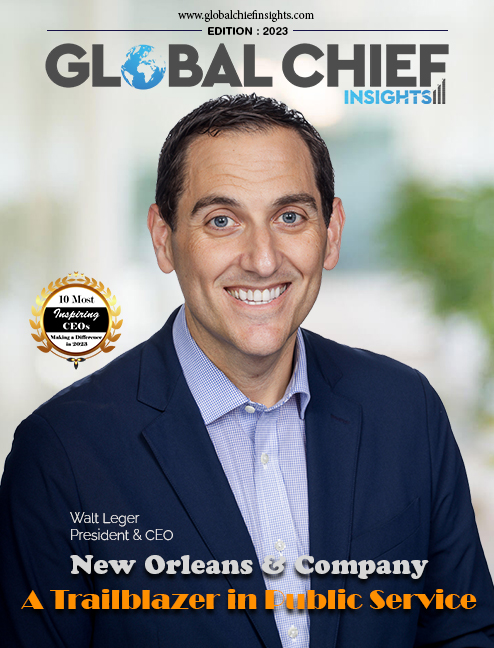It seems that artificial intelligence has transformed almost all industrial sectors around the globe. Over the years, the healthcare sector has seen significant adjustments and the extent to which life has become convenient. 2020 was a year full of obstacles, particularly on the health care front. It is just not justified not to praise the healthcare sector for how it stood like a pillar. However, this industry has many opportunities to deploy technology, thus paving the way for AI to explore many more fields. AI has led to a lot of healthcare industry developments, making life simpler than never before. Some of them are-
- COVID-19 : 2020 is the year that has shaken the globe in every way possible. In addition to taking a toll on human health, COVID-19 has struck the economy way too hard. The only positive thing worth noting is how AI found its way into building models, developing new therapies, and vaccine development.
- Patient Flow Optimization : The worst scenario when visiting a hospital is when patients in critical condition keep waiting for hours. Either to get access to an ICU, get the surgery performed, or just for consultation purposes. The situation, though slowly, is changing, but there is a change seen now. The AI-based software platform aims to solve these operational issues, especially those relating to emergency rooms and patient safety. This automated platform prioritizes critical patients, monitors the waiting time, and maps the fastest ambulance routes as well.
- Appointments : It is very typical to worry about our health, even when there’s a small shift in the way we feel. But what people tend to forget is that, unlike certain apparent situations that will not see much change unless seen by a doctor. Not all cases require seeking an appointment. AI is coming to the rescue here. Several AI apps scan patients’ survey responses and then prescribe either a virtual check-in or a face-to-face appointment. It thus saves time and prioritizes critical patients as well.
- Maintaining Records : Gone are the days when it used to be a tiresome job to record patients’ records. All was done manually, and this alone sheds light on the fact that this job would have been tedious. Thanks to AI, it is now possible to maintain and have access to electronic records as and when necessary.
- Personalized Healthcare Strategies : Now, it is possible to prepare customized healthcare plans with AI, taking into account patients’ health records. When you think about manually doing it, this takes a lot of time.
- Prediction : With AI in place, predictions have become more straightforward than ever (that has a lot of importance in the healthcare sector). AI aims to predict the chemical and pharmaceutical properties for drug design and development of small-molecule candidates. Those days when complex molecular structures could be expected in weeks and sometimes even in months are now stories of the past. It is now possible to do the same thing within a matter of days. Artificial intelligence can also assist in the prediction of financial and operational risk in conjunction with big data. The collected data serves many purposes, and it is possible to predict a lot with AI, etc.
- Robots Assisting in Surgeries : With technological advancements, we have now entered a point where, with the aid of robots, doctors conduct surgeries. Cameras, medical instruments, and electric weapons are equipped with robots. Surgeons could not access a magnified 3-D look from the eyes. But this is no longer a dream that is far from reality with these robots.
Conclusion
Artificial intelligence, in every way possible, has fulfilled the needs of society. Today, we see ourselves asking what it would have been if it had not been for this outstanding AI execution in our lives. All sectors have benefited from it, with healthcare having far more AI implementations than any other industry.











